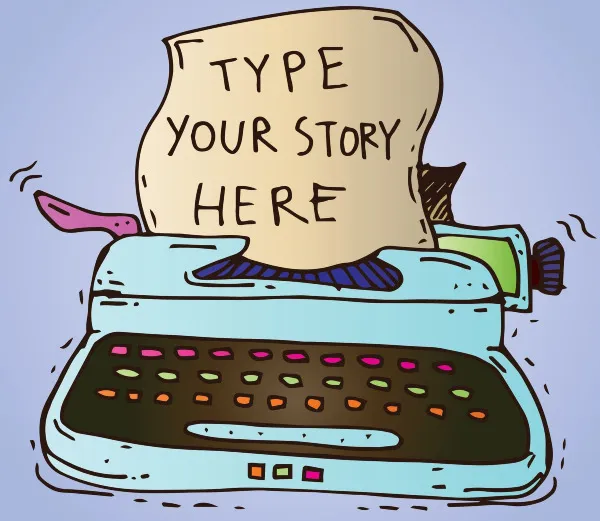"Captain's Daughter" from Johnny Cash: Forever Words
I've been ill and stuck in our taxes for a while. As I pull myself together, I'm putting together a schedule for this blog.
First things first -- every Friday, I'll share some fiction -- my fiction, other people's fiction.
Sometimes, I'll talk about the fiction. Sometimes, I'll just share the story.
At least that's the hope. I've been so sick in the last couple of years, there's no way to promise for sure, for sure. But that's the plan so far.
Today's fiction comes from a lovely new album called "Johnny Cash: Forever Words."
John Carter-Cash gave a number of musicians his father's poem/lyrics and they created songs. According to John Carter-Cash, his father wrote poetry all the time -- like breathing.
I have a particular fondness for good story songs -- and these are good.
My favorite song so far is one called "Captain's Daughter" with Alison Krauss and Union Station. They talk about creating the song here:
Why story songs?
Songs are short -- usually less than five minutes. The challenge with a story song is immense.
- The writer must set up characters which we understand. S/he must be able to do this immediately -- in less than 30 seconds.
- The story must have a beginning, a middle, and an end.
- The point of story songs is for us, the listener, to feel what something -- sadness, anger, a sense of justice, rage.
- All of this must match a melody and singer who can tell the story.
Something to think about: Most hit songs are story song which are written by one or two people worldwide. Max Martin holds the current record for having written the most hit songs. (Martin has been crowned ASCAP’s Songwriter of the Year nine times; 1999, 2000, 2001, 2011, 2012, 2013, 2014, 2015 and 2016. 2017 marked the tenth time.) Megan Trainor and Ed Sheeran also have a huge number of hit story songs, but Max Martin is a true master.
As writers, we can learn a lot from story songs.
They are fast.
They make listeners feel something beyond what a good storyteller or singer can produce.
They are usually about universal themes -- rejection, love, anger, freedom.
Stories reflect what is going on in a population at any given time.
They are hugely inspirational. You can jump off of a story song into a story. (Denver Cereal was inspired by the story song, Friends in Low Places written by songwriters Dewayne Blackwell and Earl Bud Lee.) If you're stuck in your story, spend some time listen to great story songs. They will take you places you'd never get to otherwise.
This song has a beginning. We immediately get a sense for the main character. While never named, we know all that we need to by calling him "the poor boy." We have feel his dynamic tension between wanting to be with the rich girl and being unable to be anything other than what he is -- a poor boy.
The woman in the song is clearly the rich girl. She has to choose between her creature comforts, which we learn are pearls and champagne, not to mention her father, and the poor boy. We can hear her reticence as well as her desire to go with the poor boy.
We can learn a few things here:
- Short hands work. We know immediately about "poor boys" and a "rich girls". We might imagine that he's unkempt or that he has dirt under his fingernails. We might imagine that she's in a gilded cage of pink and pearls.
- The song is about the universal theme of love and loneliness.
- The story has a dynamic tension. We get the desire of the boy to be this girl's love as well as his inability/unwillingness to be anything other than what he is. He's not, for example, saying – "Wait for me while I get rich enough to win your hand." He's saying – "Love me know."
We also get the dynamic tension of her predicament. Her father told her specifically to tell him, "No." She likes her life of pearls and champagne. And yet she's lonely. She doesn't know quite what to do. Stay in her safe, golden cell or leave and have a chance to love. - We are not told how this situation is resolved. We, the listener, is left with the dynamic tension of the question -- what will they do? Will she make him a better man so that she can have pearls again? Will she sell her pearls so that he now has some wealth? Will she say "No"? Will he get frustrated with her values and walk away? We don't know what happens. This is a way of inducing the listener to listen over and over again to experience the feeling of the song again.
Take a listen. What do you think? Have you ever used story songs as instruction or inspiration?

